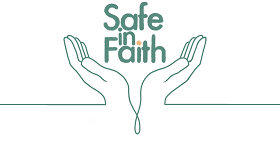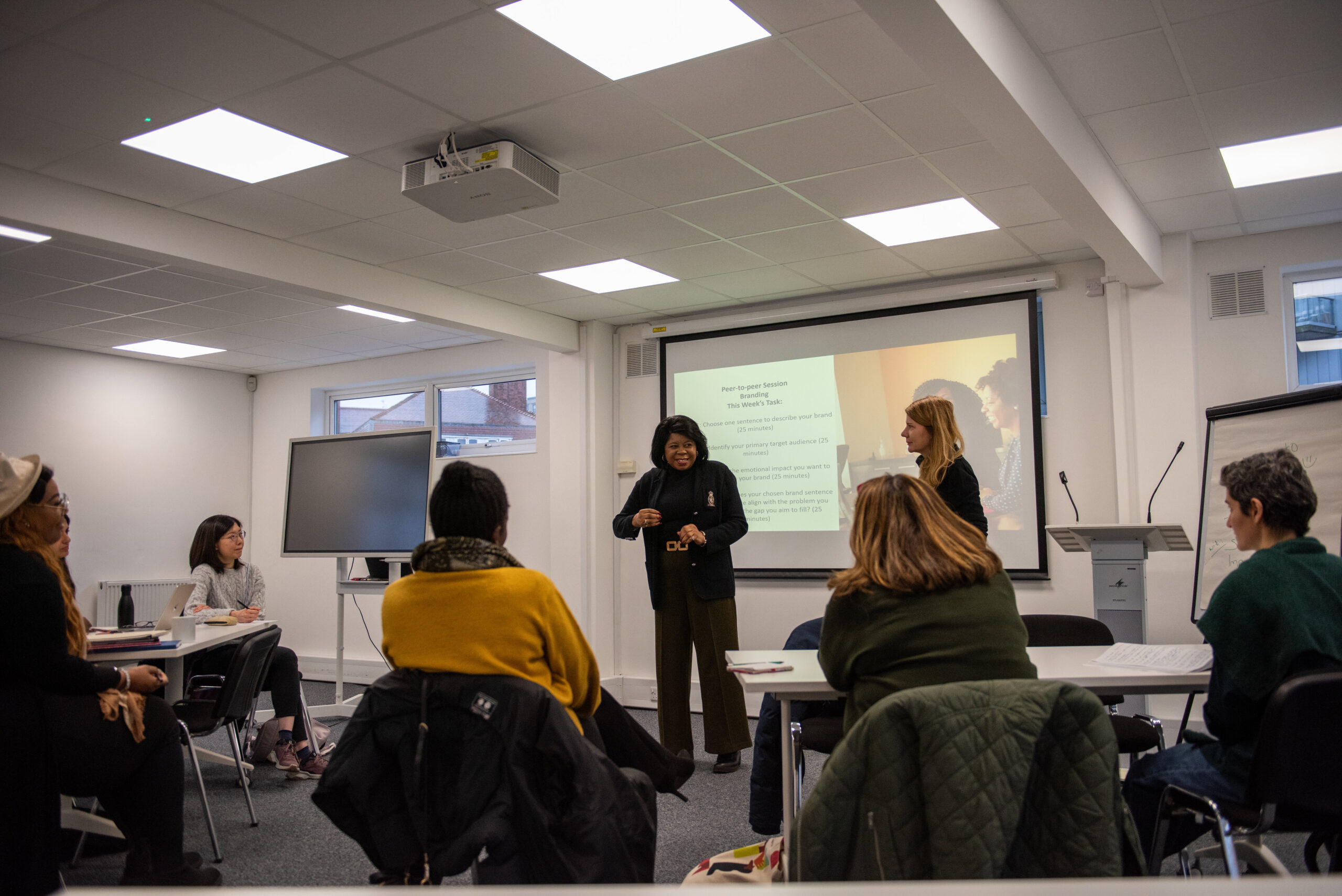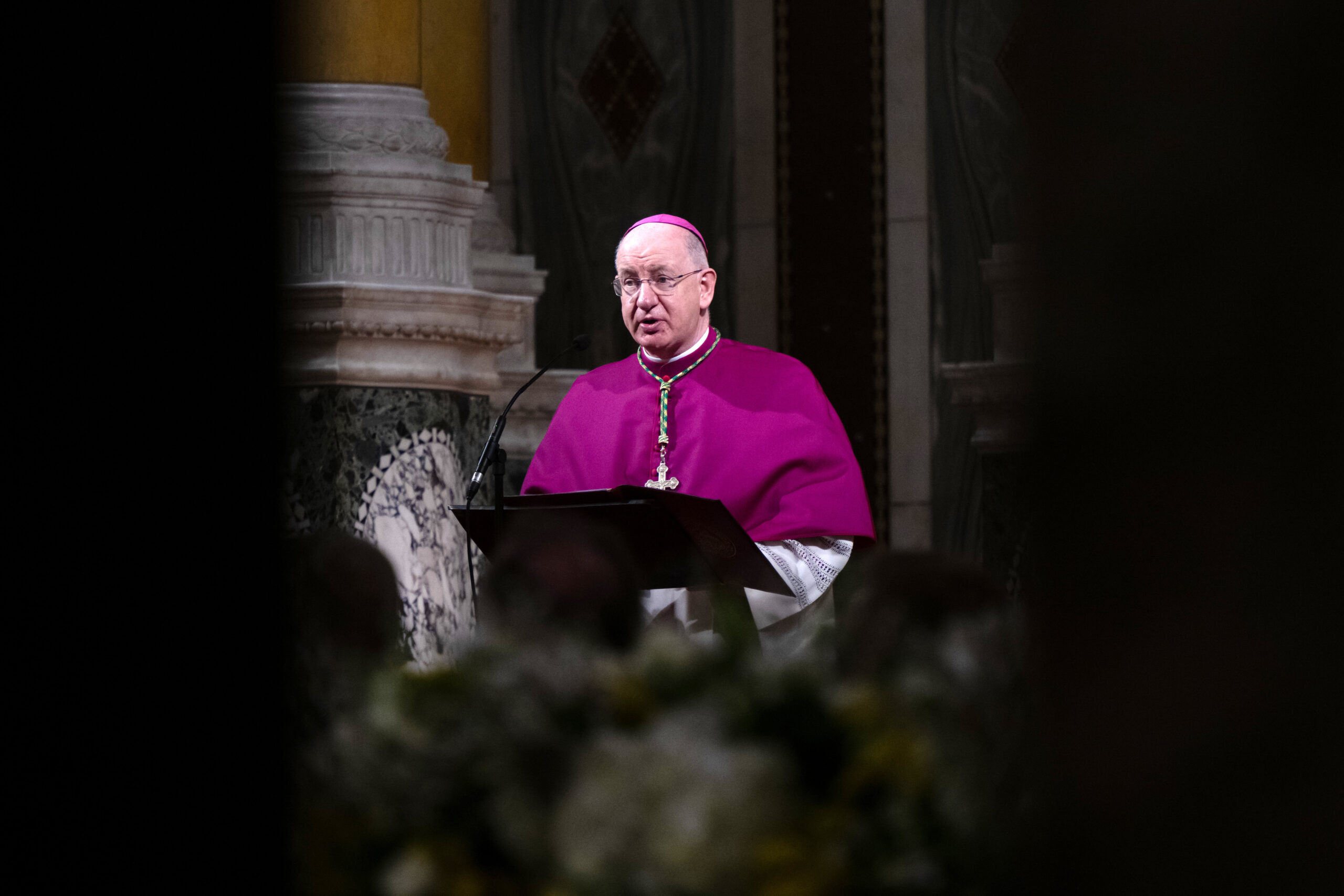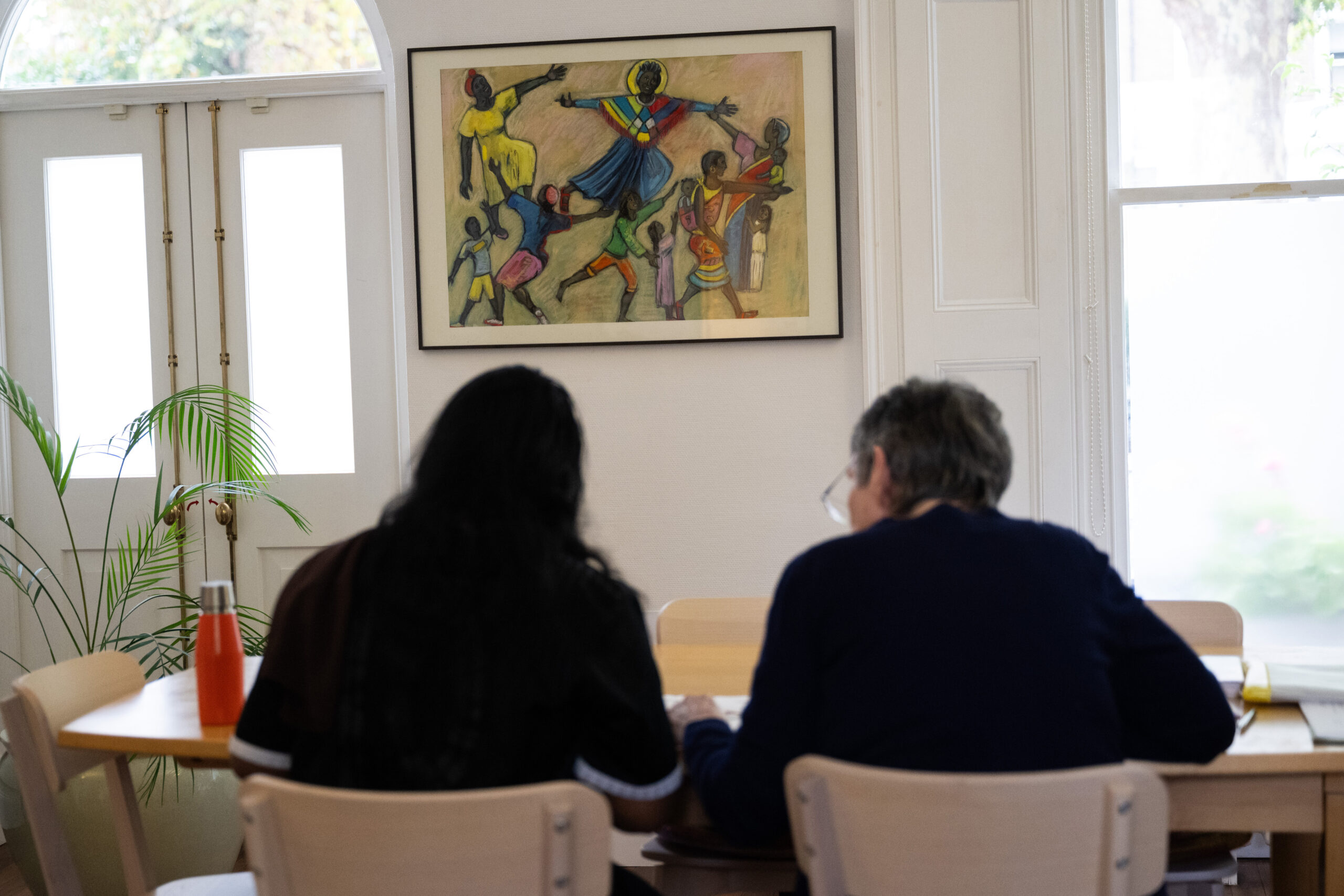
Monday 29 November 2021 saw the launch of Safe In Faith, a new initiative with a unique vision: to provide victims of domestic abuse, who are part of a faith community, with safe, faith based support and counselling that is tailored to their needs as believers.
Despite the prevalence of domestic abuse within the UK – and according to the Office of National Statistics, 2.4 million adults aged 16-74 were victims of domestic abuse in the year ending March 2019 – faith leaders can often do little more than offer sympathy and direct survivors to secular services.
Safe In Faith is creating a network of professionals such as counsellors and psychotherapists, who come from a Faith background and want to develop their skills to offer counselling that can reflect a survivor’s spiritual beliefs. Alongside this is a programme of training for clergy and religious sisters within the Catholic Church.
At the launch event – timed to coincide with the fifth day of the global Sixteen Days of Activism against Gender-based Violence we heard from four speakers:
Sara Kirkpatrick – the Chief Executive of Welsh Women’s Aid – gave some useful insights into working with perpetrators of abuse as well as victims, and emphasised that the victim’s safety is of primary importance.
Huda Jawad – the co-director of Musawah and co-founder of the Faith and VAWG (Violence Against Women and Girls) Coalition – said “Faith communities play a vital and unique role in the response to and elimination of violence against women. However, many survivors of domestic abuse feel that specialist services don’t understand the dynamic of how faith can be used both to empower women but also as a form of oppression. For someone with a faith, this faith informs all the decisions they make and the way they think – and this needs to be understood when a survivor of domestic violence is seeking help”.
Esther Sweetman from Restored spoke from her own experience, that relationship counselling for couples can often be counter-productive and even harmful in cases of abuse. This has informed her own counselling and Safe In Faith’s aim to provide training for counsellors.
Devorah Suffrin from Jewish Women’s Aid finished the event by referring to Chanukah, which is currently being celebrated, saying that Safe in Faith is a light of hope shining in the darkness.
The launch event was BSL interpreted thanks to the support of the Caritas Deaf Service. Deaf counsellors and therapists will be included in the Network, and have full access to all training – something of vital importance because members of the Deaf Community are more likely to be victims of abuse, and counselling services in BSL are extremely limited.
The long-term goal of Safe In Faith is to create a directory of counsellors and therapists with specialist skills to support women and men of any faith who have suffered from domestic abuse, as well as, within the Catholic Church, a directory of priests, deacons and religious who have been trained and are available to offer support.

“Signs of Hope” BSL counselling service (posed photo)
Nikki Dhillon Keane, adviser on domestic abuse to the Catholic Bishops Conference of England and Wales and leader of the project said: “It is important that we are taking time to listen to people with lived experience of domestic abuse, and are being guided by them. These women have said they wished they could have received the support they needed from within their faith community, where they feel spiritually at home. All they want is to be safe and to be understood. Our churches are becoming more aware of the issue of domestic abuse, and are getting better at signposting people to other organisations but the aim of Safe in Faith is for faith communities to be able to walk alongside survivors in their journey.”
Men can also be victims of domestic abuse and it is important that Safe in Faith, as well as other organisations, offer their support and counselling to everyone. But the vast majority of victims of domestic abuse are women and it is a form of gender-based violence. It is usually perpetrated by a man against a woman because she is a woman. Safe in Faith’s work is informed by this fact.
Safe in Faith is a project of Caritas Westminster and has been developed in partnership with the Faith and VAWG coalition and with support from the National Board of Catholic Women, Jewish Womens Aid, the Association of Christian Counsellors, Marriage Care, and the Black Church Domestic Abuse Forum, among others.
All the groups involved have a common aim of promoting the safety and dignity of victims of abuse above all, and supporting them within their faith communities, where they can best be enabled to recover from trauma and rebuild their lives.
If you are experiencing domestic abuse, or know someone who is, click here for useful information and links
If you are a counsellor or psychotherapist wishing to join the Safe in Faith network please contact safeinfaith@rcdow.org.uk
If you are a parish priest, deacon, religious sister or hold any kind of pastoral role in any faith, and wish to find out about training to support victims of domestic abuse, please contact safeinfaith@rcdow.org.uk
To gain a better understanding of the different kinds of domestic abuse, and find out what you can do as an individual or as a parish, download this booklet put together by the National Board of Catholic Women.This booklet may be especially useful for people in parish groups such as St Vincent De Paul, Mother and Toddler groups, who may have contact with potential victims of domestic abuse.
Key points to be aware of regarding domestic abuse:
Domestic abuse is a crime that can happen to anyone regardless of their gender, sexuality, race, religion, economic or social situation. In the majority of cases it is perpetrated by a man against a woman, and it is therefore seen as a gender-based crime. It can be worse when different discriminations intersect, such as racism, able-ism and audism (a discriminatory attitude towards sign-language users)
There are many different forms of domestic abuse, including:
- Coercive control (a pattern of intimidation, degradation, isolation and control with the use or threat of physical or sexual violence)
- Psychological and/or emotional abuse
- Physical or sexual abuse
- Financial or economic abuse
- Harassment and stalking
- Online or digital abuse
For people of faith, there may also be a form of “spiritual abuse” for example:
- Refusing to allow a partner to go to church or practise their faith
- Using religion as a weapon of control
- Using religious teaching to justify abuse e.g. ‘obey your husband’
Many victims are afraid to leave their abuser knowing that doing so could prompt reprisals, or because their partner has control over their money and social connections. In fact, a survey by Womens Aid found that victims had experienced abuse for an average of six years before seeking help. Victims with a faith tend to stay with their partner for longer, thereby exposing themselves to greater danger.
Similarly, victims may often not want to call the police. These victims will need to be listened to and directed to local support services or helplines, for emotional support, rather than being encouraged to call the police.
Read about Signs of Hope – our counselling service for members of the Deaf Community




